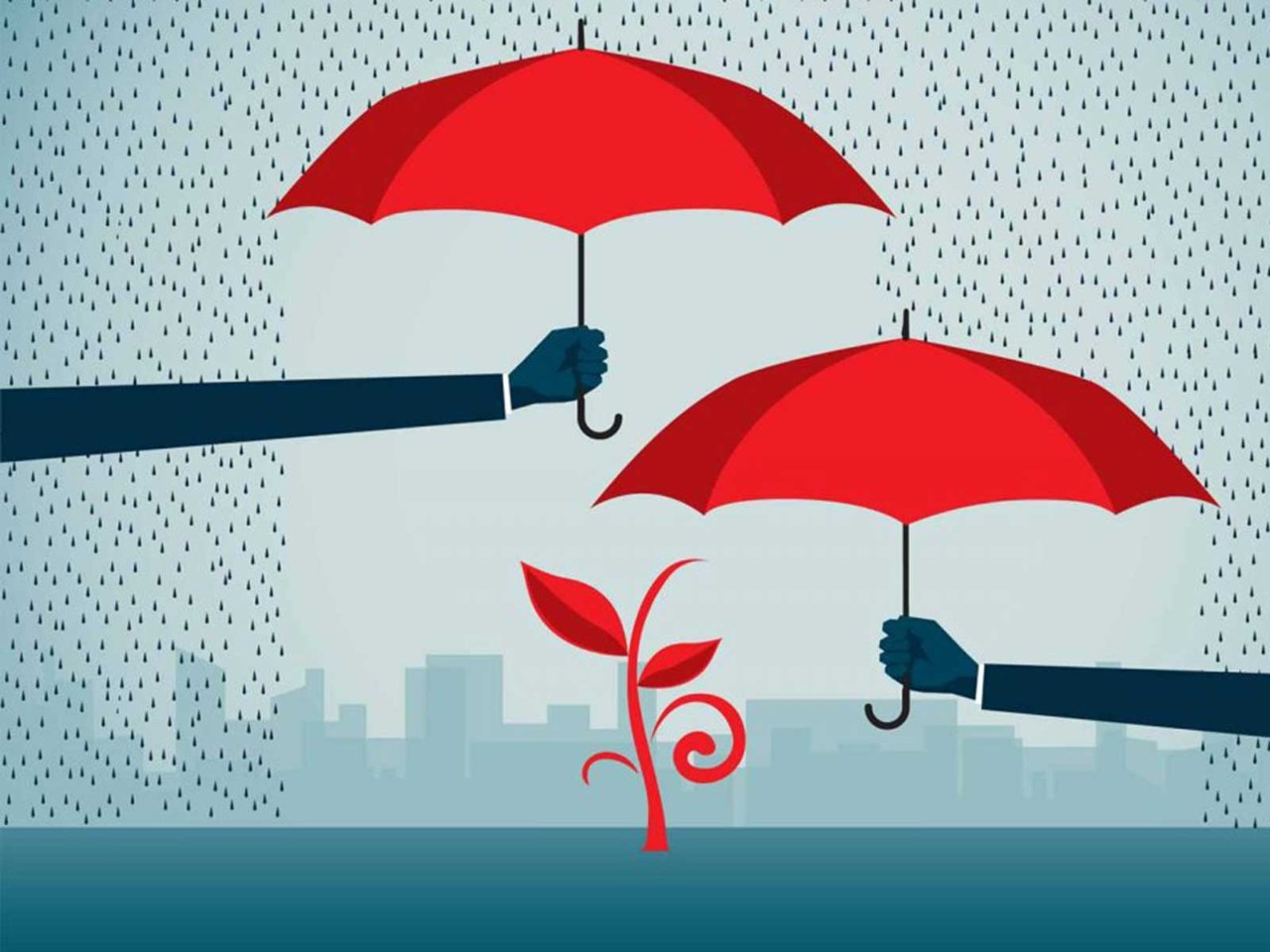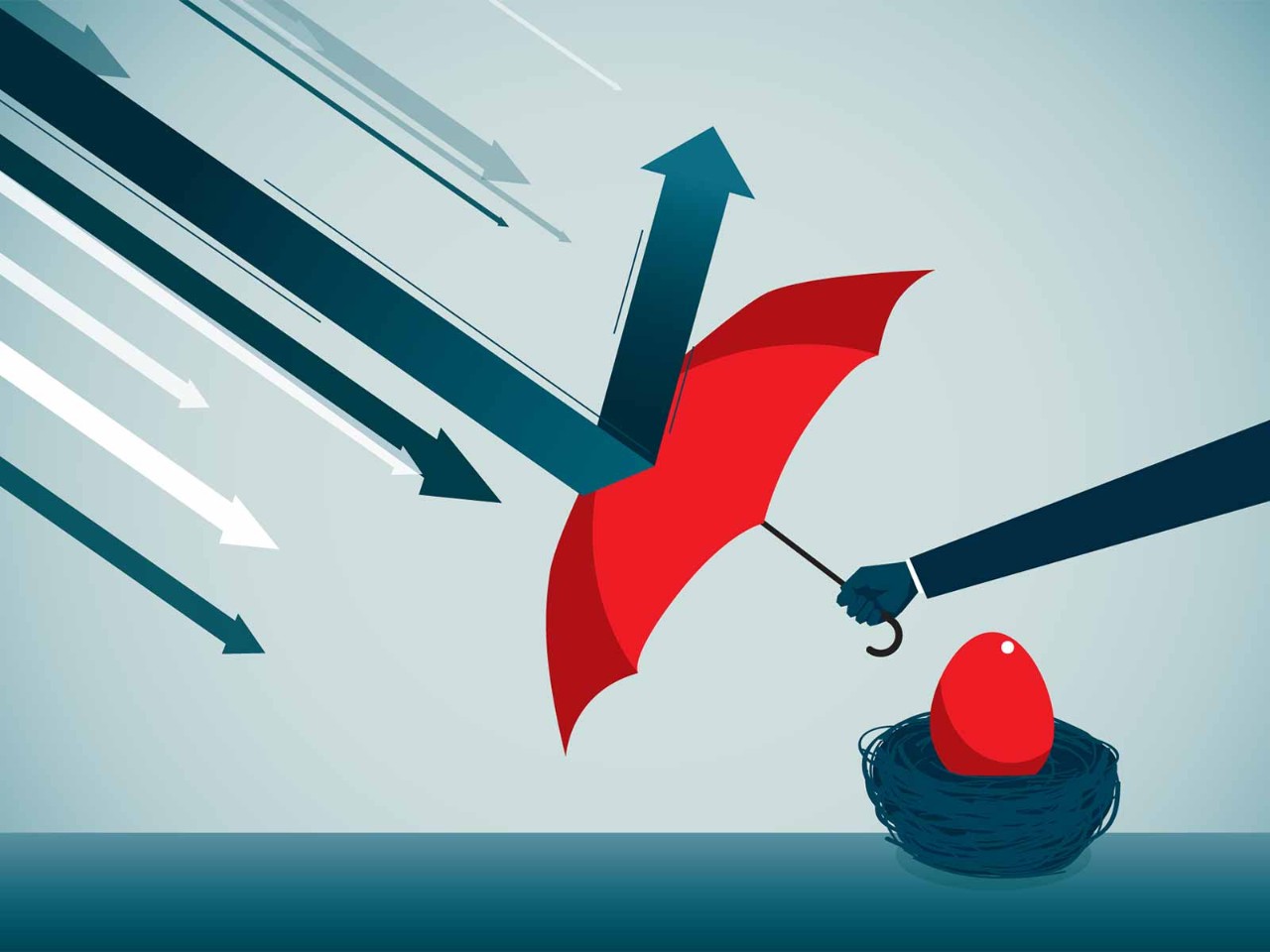
Many big companies have committed to some headline-grabbing announcements in their pursuit of net-zero emissions, but governments, regulators and the public expect organisations of all sizes to help reduce the threat of climate change.
As SMEs comprise around 90% of the world’s businesses, collectively they can make a huge contribution to the battle against global warming. Where possible, they should draw on their internal audit functions – whether in-house or outsourced – to play their own part in the climate race.
‘If you’re not operating in a sustainable way, your licence to operate and your reputation are at risk’
‘A lot of organisations are grappling with the race to zero and how to get there,’ says Simon Rose, group head of internal audit and risk at property developer Crest Nicholson. ‘So any good internal audit function should be supporting and challenging its organisation, in terms of the thinking, the planning and the risks involved.’
Transition risks
Certainly, risk is a vital consideration. While some businesses are more affected by climate change than others – usually because of their sector or location – the crisis threatens all businesses, large and small, at least to some degree.
‘It’s about business resilience,’ says John Lelliott FCCA, chair of ACCA’s Global Forum for Sustainability. ‘If you’re not operating in a sustainable way, your licence to operate and your reputation are at risk.’
The extreme weather events arising from climate change – such as flooding and heatwaves – threaten businesses with operational disruption. Meanwhile, the transition to net zero presents specific risks to companies’ business models, finances, regulatory environments, supply chains and public standing.
‘A good starting point may be simply to ask the board where climate risk is on the business agenda’
Some companies – for example, those in the fossil fuel industries – may find that their businesses are no longer sustainable in the long term or else they could face punitive taxation regimes due to the environmentally unfriendly nature of their products and services.
Others may struggle to access capital as investors increasingly channel money towards rivals with stronger climate-friendly credentials. Furthermore, businesses could lose suppliers that have failed to comply with environmental regulations in their jurisdictions.
To be accused of ‘greenwashing’ – publishing misleading information about environmental performance – is arguably the greatest risk of all. This is because it can potentially impact how a company is perceived by all its stakeholders, including its customers, employees, regulators and suppliers.
Role of internal audit
To make an effective transition to a net zero economy, and to mitigate the risks they face in the process, companies must be proactive about setting strategic objectives and developing action plans to deliver on them. They also need robust data that enables them to track how they are progressing against targets.
This is where internal audit comes in. ‘Internal audit’s role is to provide that level of objective assurance within the organisation, that things are moving in the direction that the organisation wants them to move, and that it is managing and mitigating the risks that it needs to mitigate,’ says Jim Pelletier, vice president, portfolio strategy, for the US-based Institute of Internal Auditors (IIA).
‘If your company has a sustainability committee, does it have a clear plan, and are its strategy and goals appropriate?’
This assurance should consider whether proper controls and processes have been put in place, he adds, and whether the data used by management for reporting is ‘complete, accurate and reliable’. Where risks are identified, it is the job of internal audit to highlight these to the board.
Internal audit functions can further support businesses on their transition journeys by challenging them over the sustainability of their supply chains, argues Rose. They can also provide valuable assurance around governance structures. ‘If your company has a sustainability committee, is it being properly chaired? Does it have a clear plan, and are its strategy and goals appropriate?’
Sustainability reporting
Reporting is regarded as a vital component of any company’s sustainability strategy. But to date, the usefulness of sustainability reporting has been hindered by the absence of a global set of sustainability reporting standards. This is about to change, however, following the launch of the IFRS Foundation’s International Sustainability Standards Board (ISSB) at the COP26 climate summit last November. The ISSB is developing a set of global sustainability standards and aims to have two standards ready for use in the second half of this year.
‘Sustainability is not just a nice-to-have, it’s a must-have. It’s central to business’
Once the ISSB’s standards are widely adopted, as anticipated, internal auditors will be expected to help their companies implement them correctly. Their role will involve checking whether appropriate controls are in place, particularly around the sourcing of data. They will also need to ensure that their company’s external auditors can rely on their own internal assurance and that work is not being duplicated unnecessarily.
‘There’s not yet the same level of confidence and trust in ESG disclosures within the capital markets as there is in financial disclosures,’ says Brad Monterio, the IIA’s executive vice president of member competency and learning. ‘But internal assurance from internal auditors, combined with external assurance from external auditors, will go a long way towards building that confidence and trust.’
Be a critical friend
While the race to net zero is well underway for many businesses, for others it has barely begun. Rose suggests that a good starting point for the internal audit functions of some SMEs may be simply to ask the board or the C-suite where climate risk is on the business agenda.
‘With some SMEs, I suspect it isn’t on the agenda at all,’ he says. ‘You should be having the discussion around if you don’t do anything, how does that impact your reputation and your business?’
Lelliott believes that if internal auditors are to continue to be good ‘critical friends’ to their businesses, they will need to be knowledgeable in sustainability. Therefore, it is vital that they educate themselves, using the courses, information and research provided by professional bodies, such as ACCA. ‘Sustainability is not just a nice-to-have, it’s a must-have,’ Lelliott concludes. ‘It’s central to business.’
More information
See ACCA’s sustainability hub for more insights, including courses such as the Certificate in Sustainability for Finance and the Certificate in Integrated Reporting
Read about ACCA’s renewed memorandum of understanding with the Institute of Internal Auditors



